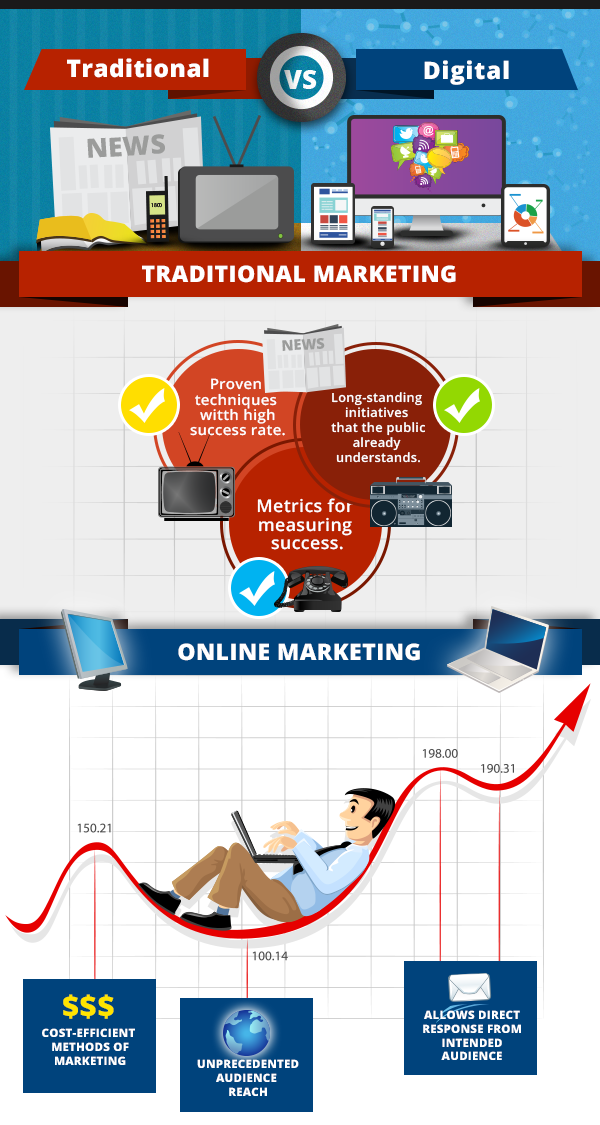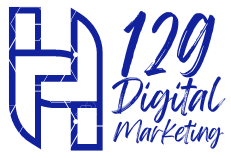
Uncover the pros and cons of digital marketing and traditional marketing to discover which strategy will elevate your business.
When it comes to promoting your business, marketing plays a crucial role in reaching your target audience and driving sales. In today’s digital age, businesses have more options than ever before when it comes to advertising their products and services. Two main approaches to marketing are digital marketing and traditional marketing, each with its own set of advantages and disadvantages.
Traditional marketing methods have been around for decades and include strategies such as TV ads, billboards, and direct mail. While these methods can be effective in reaching a broad audience, they come with limitations. Traditional marketing is often more costly than digital marketing, making it difficult for small businesses with limited budgets to compete with larger corporations. Additionally, traditional marketing campaigns can take longer to plan and execute, and the feedback on their effectiveness is not always immediate. With new technologies available we can intigrate them togather with digital marketing via QR codes to track our performances.
On the other hand, digital marketing leverages online channels such as social media, email marketing, and search engine optimization (SEO) to reach potential customers. One of the key advantages of digital marketing is its ability to target specific audiences through data analytics. Businesses can use tools to analyze customer preferences and behavior, allowing them to create personalized and targeted marketing campaigns that are more likely to resonate with their audience.
Digital marketing allows businesses to tailor their marketing efforts to specific demographic groups or individuals, increasing the chances of a successful campaign. By analyzing data on customer behavior and preferences, businesses can create targeted ads that are more likely to capture the attention of potential customers. For example, an online retailer can use data on past purchases to recommend products that are relevant to each customer’s interests, increasing the likelihood of a purchase.

Image courtesy of seriouslysimplemarketing.com via Google Images
Personalization is a key feature of digital marketing that can help businesses connect with customers on a more individual level. By using customer data to personalize marketing messages, businesses can create a more engaging and relevant experience for their audience. For example, an email marketing campaign that addresses the recipient by name and includes product recommendations based on past purchases is more likely to be opened and acted upon than a generic email blast.
When deciding between digital marketing and traditional marketing for your business, it’s important to consider the unique advantages of each approach. Traditional marketing can be effective for reaching a broad audience and creating brand awareness, while digital marketing offers the ability to target specific audiences and personalize marketing messages. Ultimately, a combination of both digital and traditional marketing strategies may be the most effective approach for reaching and engaging your target audience.
By understanding the differences between digital marketing and traditional marketing, you can make informed decisions about which strategies are best suited to your business goals and budget. Whether you choose to invest in social media ads, direct mail campaigns, or a combination of both, the key is to create marketing campaigns that resonate with your audience and drive results.

129 Digital Marketing – Copyright © 2024 All Rights Reserved.
Privacy & Cookie Policy
WhatsApp us